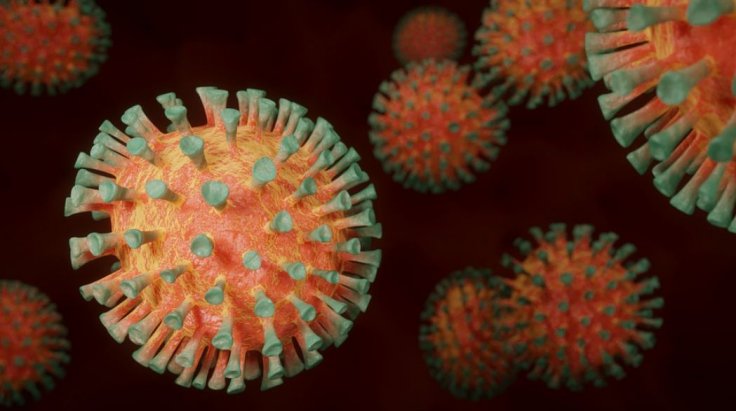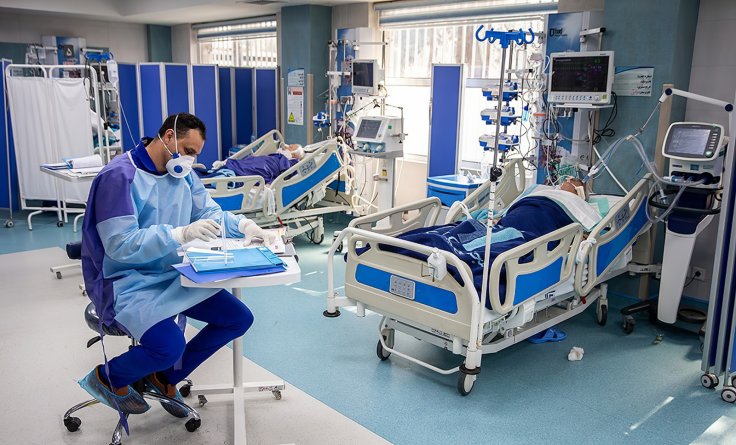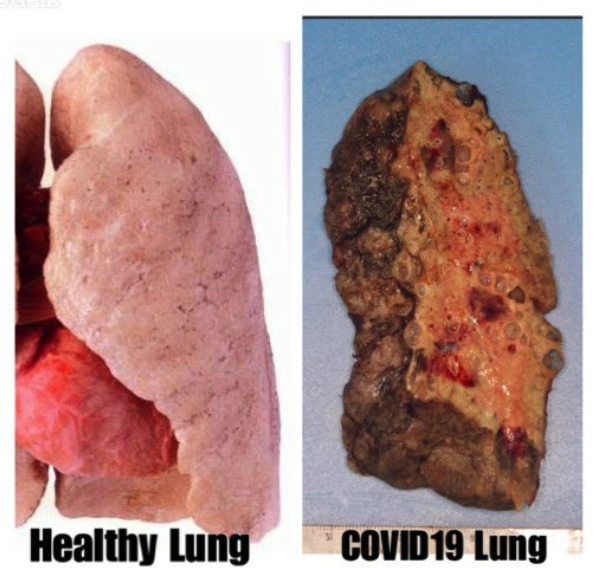The Covid-19 outbreak had initially left many doctors and researchers baffled as why young people are succumbing to the virus given that it was claimed that the elderly population was more vulnerable and at risk of dying from the infection. However, new research suggests the coronavirus can be equally fatal for the young generation particularly those who lack a substance called interferon that helps orchestrate the body's defense against viral pathogens.
The new research highlights the potential for interferon-based therapies to enlarge a slowly accumulating range of Covid-19 treatments. Although the treatment provides limited benefit, possibility that interferon may help some people is enticing because it appears most efficacious in the early stages of infection, which can prevent life-threatening respiratory failure in patients.
Low Interferon Leads to High Risk

A series of cases involving people in their 20s, who were healthy but got infected by Covid-19, and tragically died from the infection, left researchers and scientists puzzled. Helpless, they looked up to geneticists to get into the root of the cause. Further research by geneticists uncovered a path leading from severe cases, genetic variations, and gender differences to a loss of immune function that may ultimately yield a new approach to treating thousands of coronavirus patients.
Research shows that interferon helps in shaping the body's defense mechanism against viral pathogens. These interferons can be infused into the body of patients suffering from diseases such as hepatitis. Further research shows that some Covid-19 patients get severely ill and the situation gets complicated because of an impaired interferon response.
A study published in the journal Science on Thursday showed that insufficient interferon may lurk at a dangerous turning point in SARS-CoV-2 infections. Two new studies report specific mechanisms of impaired type I interferon (IFN) signaling in some hospitalized patients suffering from severe cases of COVID-19, suggesting that screens for these defects could help identify patients at the highest risk of life-threatening complications from coronavirus infection.
Insufficient Interferon Increase Respiratory Complications

The results of the paired studies, which report that mutations in type I IFN-associated genes and high titers of neutralizing autoantibodies against type I IFNs may both be associated with severe COVID-19 respiratory symptoms, also suggest that administering specific type I IFNs to select high-risk patients could offer therapeutic benefits, especially early in the course of the disease.
The research was primarily aimed at finding interferon-based therapies to enlarge a slowly accumulating range of Covid-19 treatments. Gilead Science's Remdesivir and convalescent plasma, a component extracted from the blood of patients who have recovered from Covid-19, have been found to be effective as it might contain beneficial factors.
Although the benefits of the treatment have been limited, it can still be used in severely ill Covid-19 patients. The chances of interferon therapy producing positive results are higher when administered in the early stages of infection, when life-threatening respiratory failure could still be averted. Given this scenario, interferon treatments are now recruiting coronavirus infected patients to see the efficacy of the therapy.
How the Respiratory Complications Arise

Being male, elderly, and having basic medical conditions can lead to higher risk in a patient, which might become life-threatening. But even within these groups, disease severity varies widely. Scientists have speculated that other factors influence susceptibility, including pre-existing levels of inflammation and immunity, the amount of virus that starts an infection, and patients' genetic makeup.
Some people are known to have trouble fighting infections because they make antibodies that deactivate their own interferon. This further increases the risk in patients suffering from Covid-19. A mild case can result in severe complications in the respiratory system. Researchers say that such immune reactions to the protein could account for life-threatening Covid-19 pneumonia in at least 2.6% of women and 12.5% of men. Patients over age 65 were also more likely than younger ones to have the autoimmune abnormality, which was "clinically silent until the patients were infected with SARS-CoV-2," the group of more than 100 scientists said.









